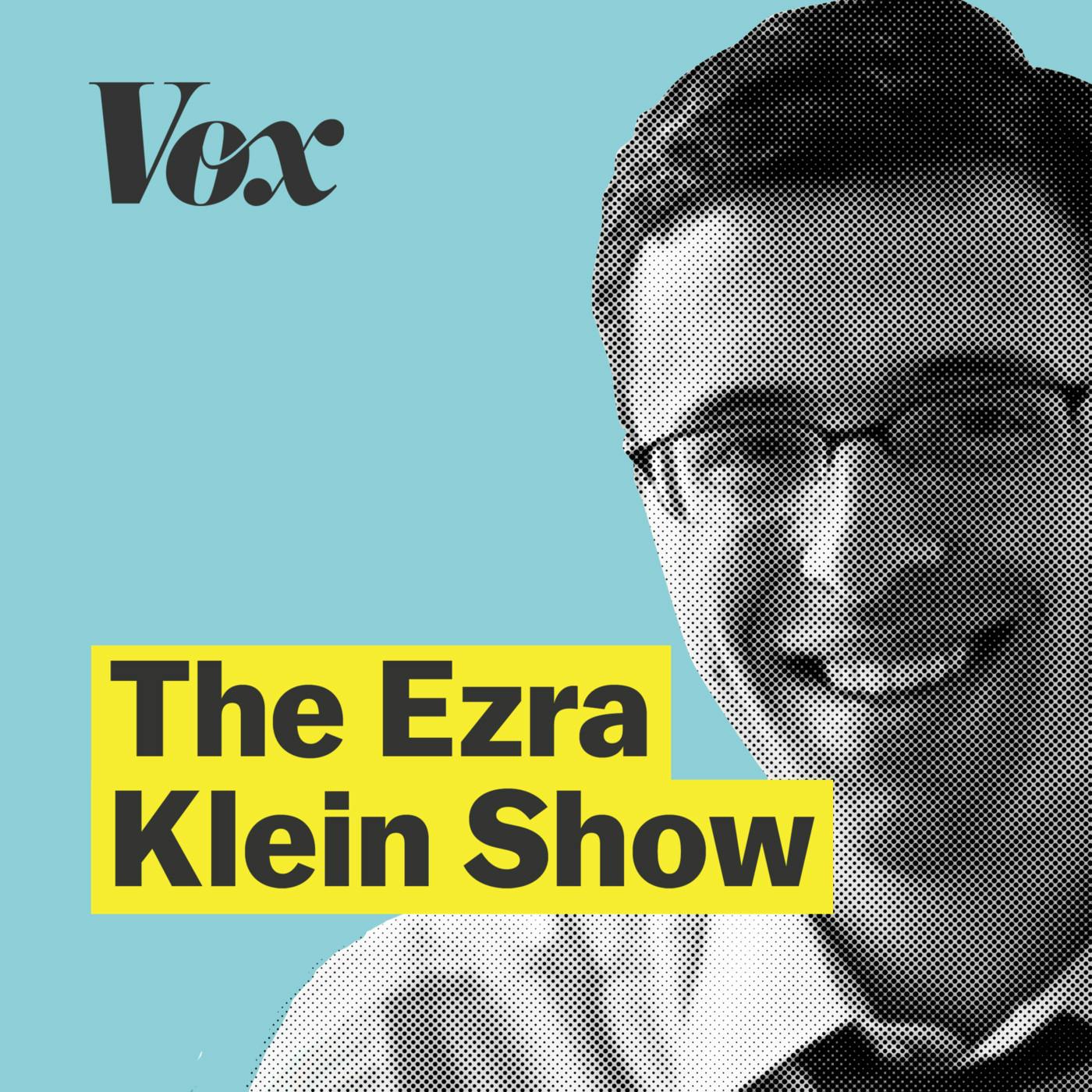
What economists and politicians get wrong about trade
Vox Conversations
For decades, Harvard’s Dani Rodrik has been a lonely voice in the economics profession warning that the academics were getting this one wrong. Trade is not an unalloyed good; “globalization would deepen societal divisions, exacerbate distributional problems, and undermine domestic social bargains,” Rodrik warned. But few listened. The tendency to emphasize trade’s benefits while ignoring its costs created a massive political backlash. “Economists would have had a greater—and much more positive—impact on the public debate had they stuck closer to their discipline’s teaching, instead of siding with globalization’s cheerleaders,” Rodrik wrote in his excellent book, Straight Talk on Trade: Ideas for a Sane World Economy. Rodrik isn’t just a rock thrower. He’s a professor of international political economy at Harvard's John F. Kennedy School of Government and the president-elect of the International Economic Association. And so, as Trump’s trade war begins, I asked him on the show to explain what politicians and economists have gotten so wrong about trade, and what it would mean to get it right. Recommended books (and an article): Economism: Bad Economics and the Rise of Inequality by James Kwak Power and Plenty: Trade, War, and the World Economy in the Second Millennium by Ronald Findlay and Kevin O'Rourke “International Regimes, Transactions, and Change: Embedded Liberalism in the Postwar Economic Order” by John Ruggie Learn more about your ad choices. Visit podcastchoices.com/adchoicesNext Episodes

How to disagree better @ Vox Conversations
📆 2018-07-16 11:00 / ⌛ 01:40:04

Jaron Lanier’s case for deleting social media right now @ Vox Conversations
📆 2018-07-09 11:00 / ⌛ 01:22:30

The most clarifying conversation I’ve had about Trump and Russia (part 2) @ Vox Conversations
📆 2018-07-05 11:00 / ⌛ 01:11:25

The Supreme Court vs. Democracy @ Vox Conversations
📆 2018-07-02 11:00 / ⌛ 01:09:46

Eric Garcetti on the lessons of Los Angeles @ Vox Conversations
📆 2018-06-25 11:00 / ⌛ 01:06:29